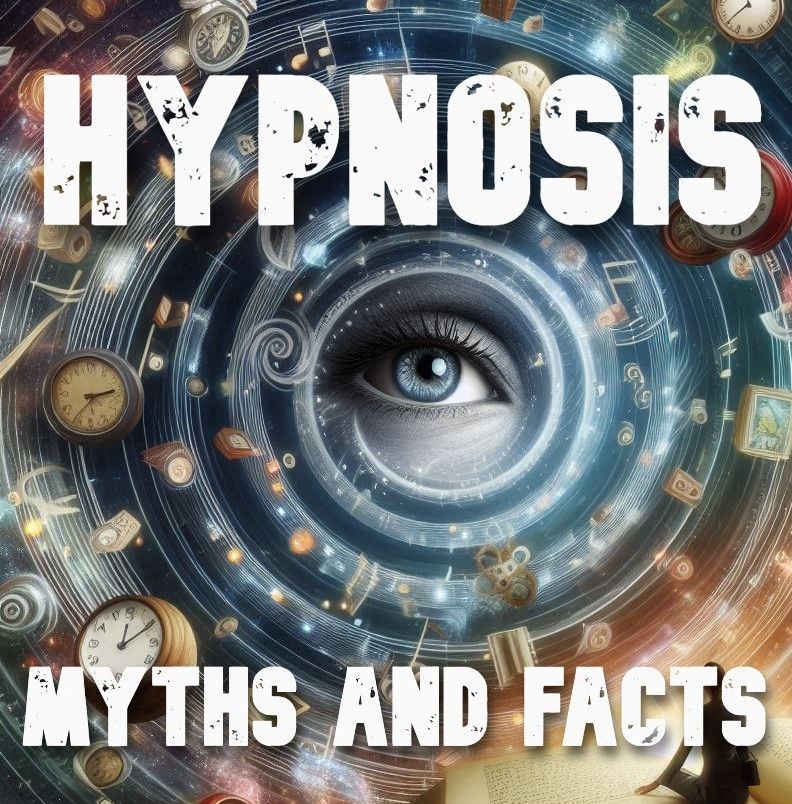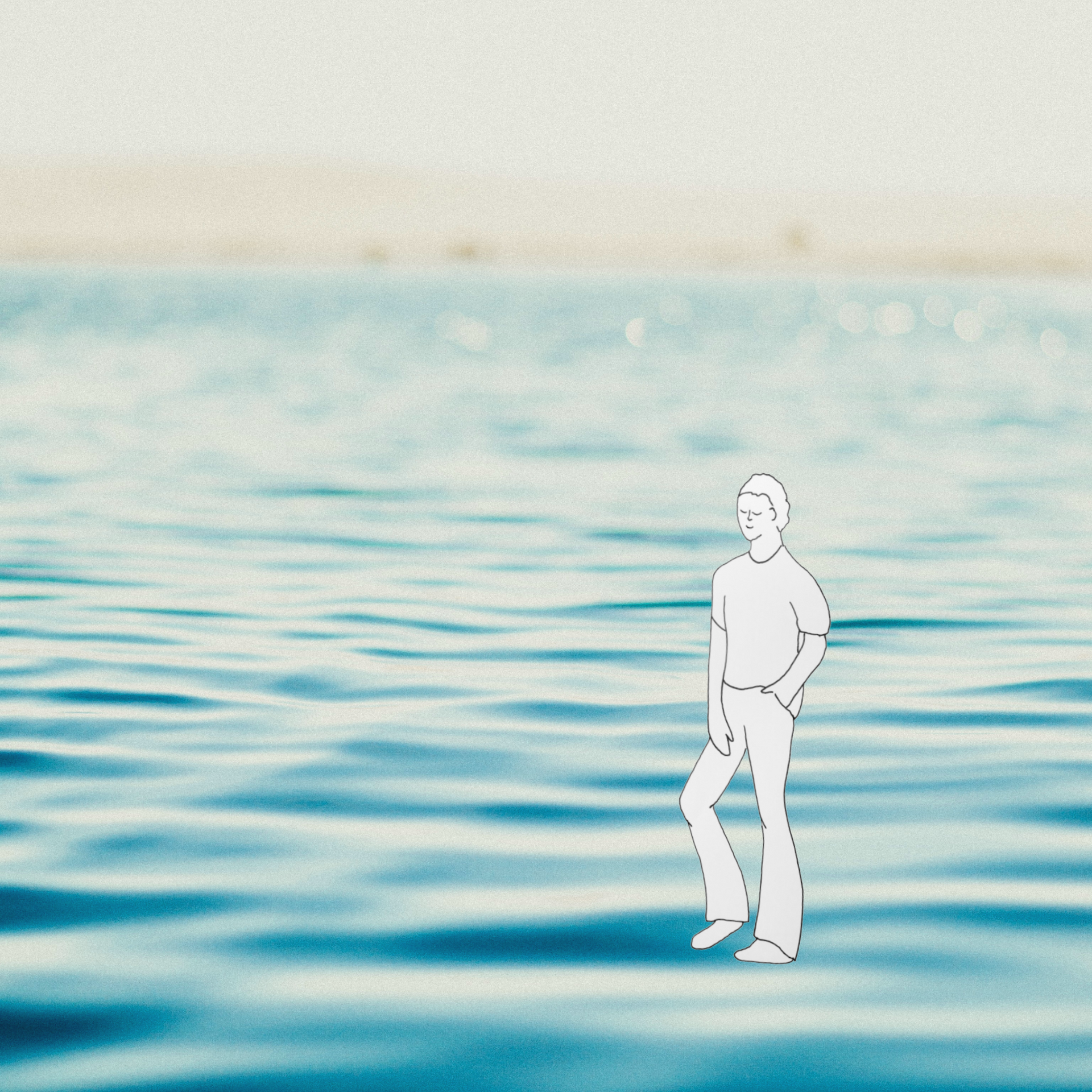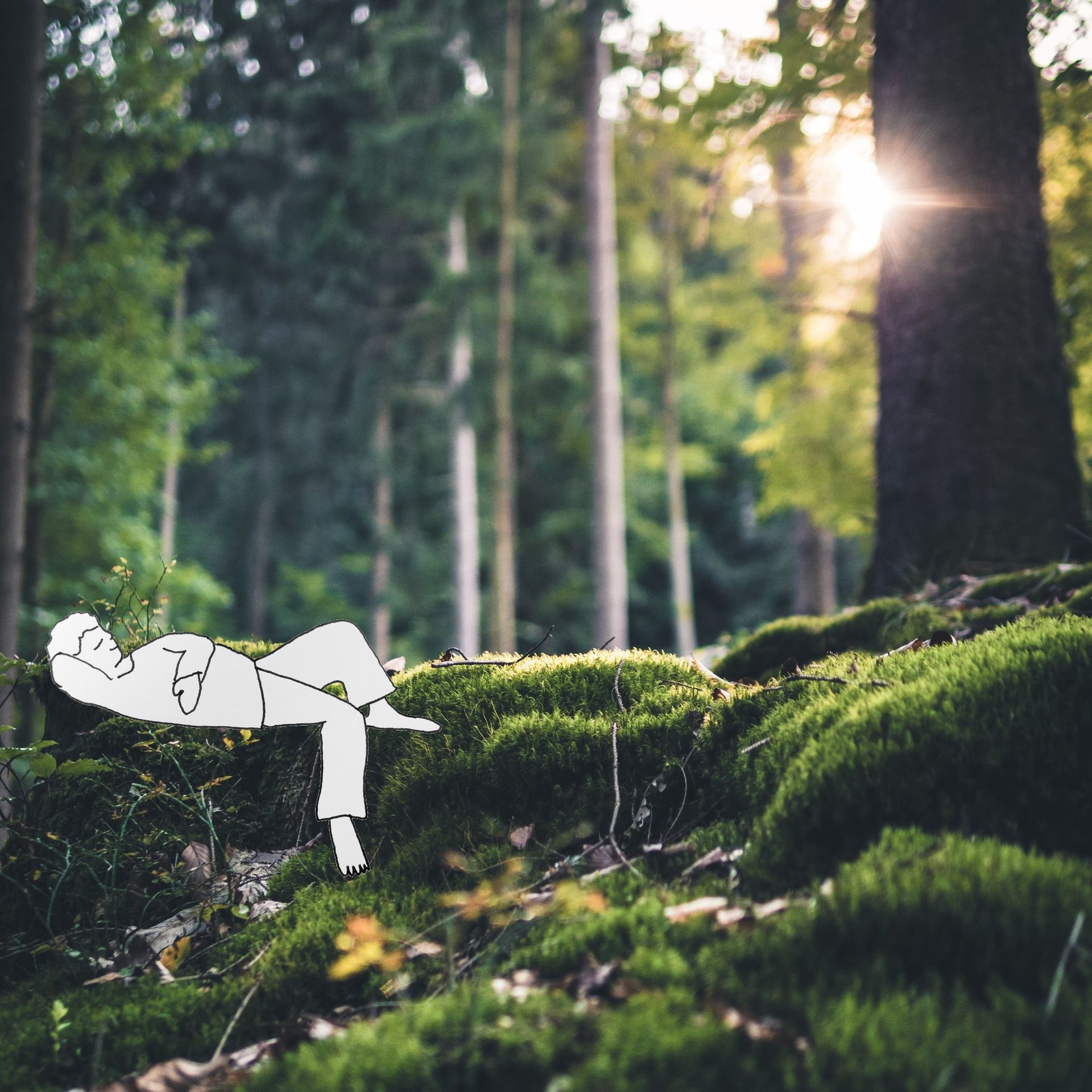How change can bring anxiety
Is the idea of coming out of lockdown filling you with worry?

I had a client today who talked about feeling very anxious about the easing of lockdown, and I feel that her anxieties are likely to be widespread as we all anticipate what the new world might be like.
Firstly it’s important to recognise what the feelings of anxiety can be like -
A pounding heart, sick sensation in the stomach, upset tummy, fatigue, tiredness, wired, inability to sleep, headache, hot and cold flushes. These can all be symptoms of anxiety. When we are overthinking scenarios of the future, worrying about how it might be, we are adding stress to our everyday lives. Anxiety is a sign that our body is feeling threatened, and is a natural response that we have had for thousands of years to help us cope with danger. The pounding heart, churning tummy and sweaty palms is your body preparing you to fight or run away. It is flooding you with adrenaline to aid your escape. This was a really helpful response throughout our evolution, but isn’t usually required in our modern environment, as our stresses are more emotional ones than predators chasing us.
We have now spent a year with a very limited amount of contact with people in real life. We are creatures of adaptation and for many people staying in will now feel very comfortable and stepping outside of what feels comfortable creates anxiety.
Even when we know logically we’ll be ok.
Change can feel a lot like fear to our brains. When the “normal” situation is being changed, the brain sends an error message, and this can trigger feelings of being in danger. Our brains don’t know the difference between imaginary and reality, so will act like it is being chased by tigers. We will react to this threat with anxiety, anger and depression so as to keep us safe, anxiety to help us to run, anger to help us to fight, and depression to help us to curl up and hide.
To start to feel better, it is good to realise that this is just a reaction. A natural reaction, much like a rash is to an allergy. It doesn’t mean this is how you will always be, just thinking these thoughts doesn’t make them real. The negative thoughts can be reasoned with. We can think about all the times it was wonderful, before we were in lockdown, choose to think of all the joys it will bring, being free to see people and go to places again. When it comes to negatively forecasting, remind yourself you can’t solve a problem that hasn’t happened. What is happening at this very moment? What is reality and what is just thoughts of the future? Keep coming back to now, bring yourself back to the present, use your breath to anchor you to the now..
Realise that it is fine to take small steps, realise you can ease yourself back in rather than jumping into everything you used to do all at once. The confidence you gain from small successes will help to build up resilience again.
Remember how much you have already achieved, you have survived the last big change, we have survived this lockdown. I doubt we would have thought we could have at the beginning, but we have.
That's exactly how adaptable and flexible we are!


















